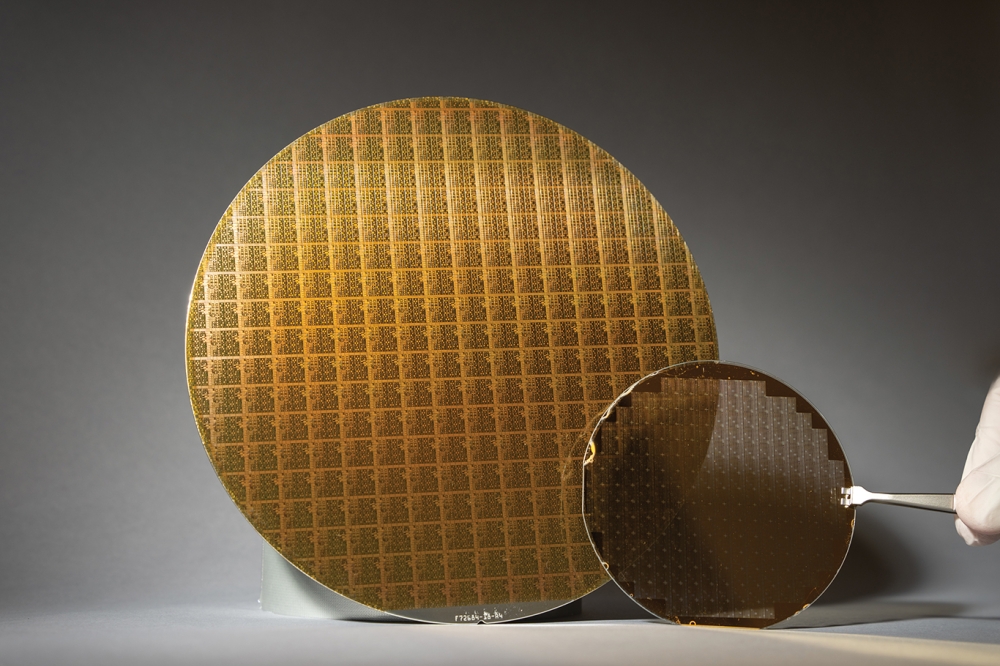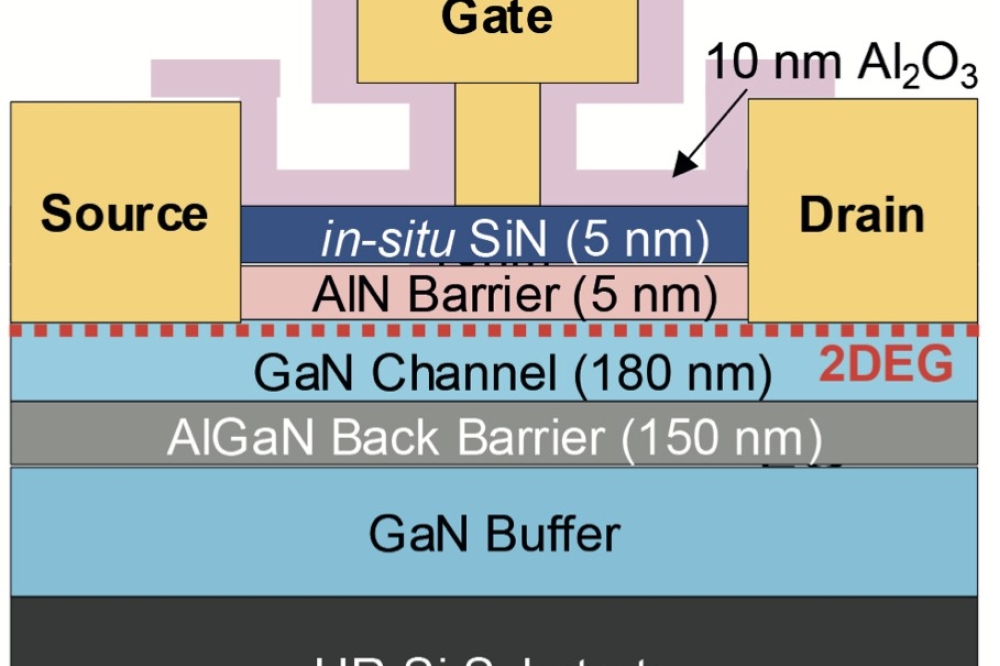One in 15 new cars uses Infineon 77GHz radar chips

By the end of 2016, more than half of all new automotive 77GHz radar systems worldwide will be equipped with chips from Infineon Technologies, according to the company. That means around one in 15 new cars will use a driver assistance system with Infineon's 77GHz SiGe MMIC RASIC radar chips.
Infineon's leading position in the rapidly growing market for radar chips for driver assistance systems was recently confirmed by market research company IHS Technology. While Infineon has sold a total of 20 million of its radar in the past few years, the company intends to have shipped a further 30 million chips for driver assistance systems next year alone. Infineon would have thus doubled its radar chip sales annually for five years in a row.
"Of the world's five largest manufacturers of radar systems, four already rely on 77GHz radar chips from Infineon," said Ralf Bornefeld, VP and general manager, Sense and Control at Infineon Technologies. "We make driving safety the standard in mid-sized and small vehicles. Our sensor chips place the vehicle inside the kind of safety cocoon that is essential for autonomous driving."
Depending on a vehicle's category and how it's equipped, it will have between one and three radar systems. Soon up to five will be offered, together ensuring an "˜all-around view' that makes new functions like the intersection assistant and parking assistant possible.
In the autonomous vehicle, which the automobile industry expects to be available from around 2020, at least ten radar systems may be installed. Together with camera, laser and ultrasonic systems, they form a safety cocoon around the vehicle and are the key technology for autonomous driving.
"With Infineon as a partner, manufacturers of radar systems have an experienced technology leader at their side," said Ralf Bornefeld. "Whether they need a radar chip with SiGe technology or a highly integrated CMOS solution, our advantage is our product and system expertise at 77GHz and 24GHz, in SiGe and CMOS."


































